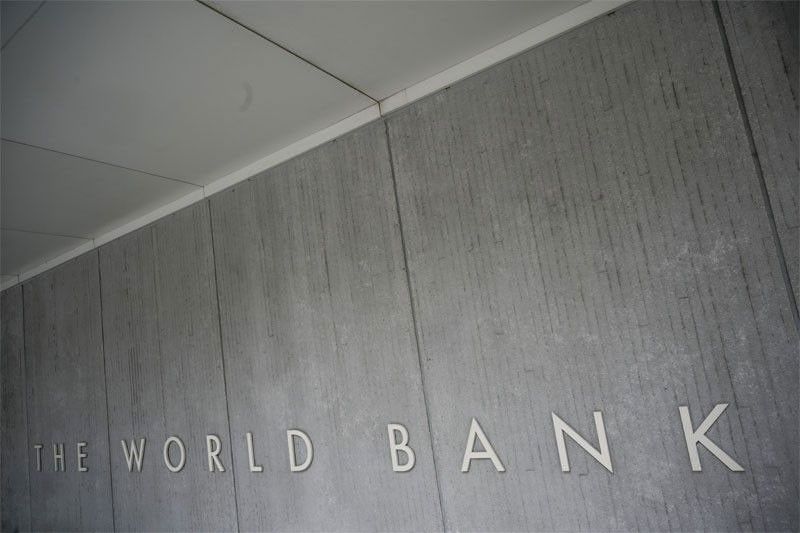Ecosystem damage to cost Philippines $21 billion by 2030 — World Bank

MANILA, Philippines — The Philippines may lose nearly $21 billion by 2030 if the services provided by nature collapse and if no smart policies will be implemented to protect the country’s biodiversity.
In a report, Washington-based World Bank estimated that the collapse of select ecosystem services provided by nature may result in the decline of the global economy by $2.7 trillion annually by 2030.
The World Bank maintained that low and middle income countries that are reliant on nature — specifically agriculture, livestock, forestry production and fisheries — are likely to lose more over the next few years amid worsening climate crisis.
The Philippines, a lower-middle income economy, is among the countries that rely directly on ecosystem services and may suffer an 18 percent decline in output worth $12.2 billion.
Across the world, significant losses will come from China ($194 billion), India ($46 billion), and the US ($41 billion).
In terms of crop output, global decline is estimated to contract by nine percent or $400 billion in the next nine years. China is still seen to suffer the worst at $142 billion.
For an agricultural country like the Philippines, potential losses may reach $5 billion or a 17 percent drop. Other countries with significant declines in crop output are Brazil at $31 billion, and Argentina and Turkey at $7 billion each.
The country’s fisheries sector could also lose some $3.5 billion over the next few years as global output may contract by 15 percent to $94 billion under a partial ecosystem collapse scenario.
China is expected to be the biggest loser with $42 billion. Significant declines are also seen in Bangladesh ($5.4 billion) and India ($4.9 billion).
The World Bank said the global decline of biodiversity and ecosystem services is a development issue considering that economies, particularly low-income countries, cannot afford the risk of collapse in the services provided by nature.
World Bank president David Malpass said preserving nature and maintaining its services are critical for economic growth especially as the world is just slowly recovering from the pandemic.
“Nature-smart policies and reforms, including agricultural subsidy reform and investments in agricultural innovation enhance biodiversity and economic outcomes. As countries seek to recover from the COVID-19 pandemic, it’s important that economic development improves outcomes for nature,” Malpass said.
The multilateral development bank argued that a combination of carefully crafted and coordinated policies, particularly those supporting innovation, can simultaneously benefit biodiversity and development.
It added that investments in ecosystem services must be made in a way that exploits synergies with climate change mitigation and adaptation, as this strengthens the case for action.
For one, when forest carbon payment schemes are implemented, either at the domestic or global level, other domestic policies like agriculture subsidy reform become more effective at protecting nature while enhancing economic gains.
- Latest
- Trending



























